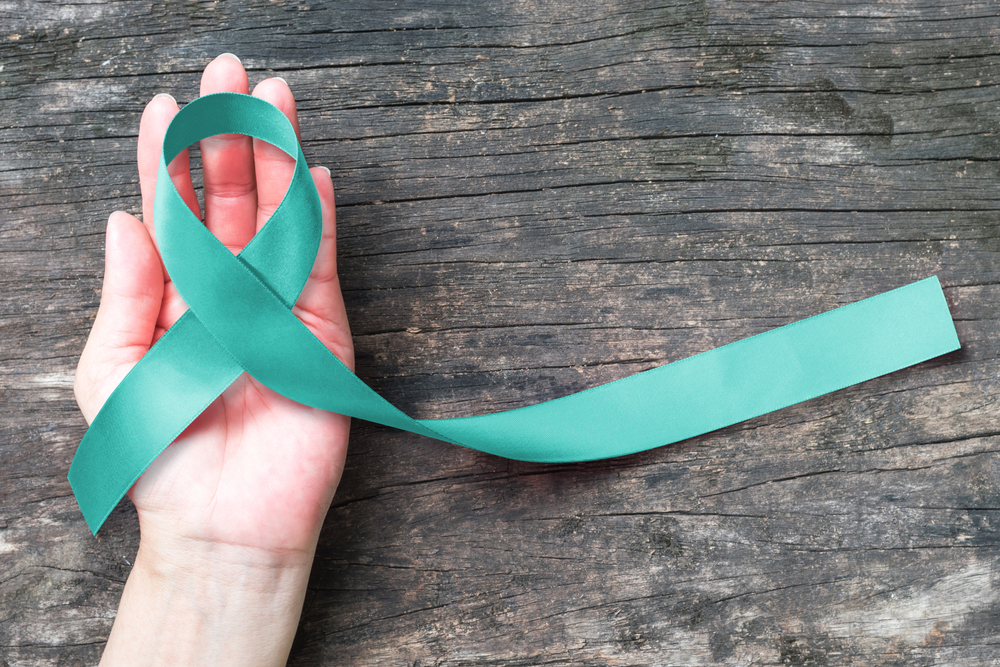WHAT IS PCOS?
Polycystic ovary syndrome (PCOS) is a hormonal condition that affects 12-18% of women of reproductive age. Both men and women produce hormones; androgen (the male hormone) and estrogen (the female hormone). Although androgen (including testosterone) is classified as the male hormone, having a small amount is normal for women. PCOS occurs when women produce higher than normal amounts of androgens. This creates a hormonal imbalance, which prevents normal ovulation, causes periods to become irregular (or stop completely) and makes it difficult to get pregnant.
Other symptoms may include weight gain (particularly around the abdomen), poor glucose control and insulin resistance, high blood pressure, high cholesterol, increased anxiety and depression, excess body hair growth, scalp hair loss and acne.
So what steps can you take to manage PCOS? If you are overweight, research studies have shown that even a small amount of weight loss (5-10% of your initial body weight) can have significant health benefits in reducing your symptoms. Regardless of your weight, following a healthy diet and lifestyle will also help to manage PCOS.
HERE ARE OUR TOP 5 TIPS FOR PCOS
- Don’t skip meals – Skipping meals means that you are more likely to over eat later in the day. Aim to eat three meals or 5-6 smaller meals spaced throughout the day. This will keep your insulin and glucose levels stable and provide you with a sustainable amount of energy to allow you to get through the day (especially if it’s a Monday!).

- Carbs are our friends! Just make sure you choose low GI carbs
The carbohydrate foods that increase your blood glucose levels more slowly are low GI and preferred for PCOS. Eating low GI foods will keep you fuller for longer between meals because glucose is released slowly and gradually into your blood stream providing you with a gradual, sustained supply of energy. Aim to include more low GI foods such as fruit (fresh, canned or dried), brown or wholegrain breads and cereals (rice, bread, quinoa, pasta, oats), milk, yoghurt, legumes (beans, chickpeas), lentils and starchy vegetables (orange sweet potato, corn and some white potatoes).
- Let fibre fill you up
High fibre foods are often low GI (it’s a win-win situation) – they also provide you with better glucose control and help you feel full and satisfied for longer. High fibre and low GI foods will also help to manage your weight and reduce the risk of developing diabetes and heart disease. Foods high in fibre are wholegrain breads and cereals, legumes, lentils, fruits and vegetables.

- Be lean and mean, eat your protein!
In general, the average Australian diet already has adequate protein but as a good reminder, include protein at every meal or snack. It can be an effective way to lose weight or maintain your current weight as it can reduce your hunger levels. Be sure to choose healthy and lean protein choices such as lean meat (with the fat cut off), skinless poultry, fish, tofu, legumes, lentils, nuts, seeds, eggs and low fat dairy products such as milk, yoghurt and cheese.
- Choose healthy fats
Studies have found a correlation between the consumption of healthy fats (unsaturated fats) and improved fertility. Including more healthy fats in your diet can also reduce your cholesterol levels. Some good sources of healthy fats include oily fish and seafood (salmon, sardines, tuna, mussels), oil (olive, sunflower, canola), nuts (walnut, hazelnut, almonds, cashew), seeds (chia, flaxseed, sunflower) and avocado.
Take home message
Aim for a high quality, well-balanced diet that is high in fruits, vegetables, wholegrain and protein – including healthy fats. If you require more individualised advice, get in contact with one of our Accredited Practicing Dietitian’s so we can support you through your PCOS journey. You can book into one of our nearest clinics or contact us for online consults .

